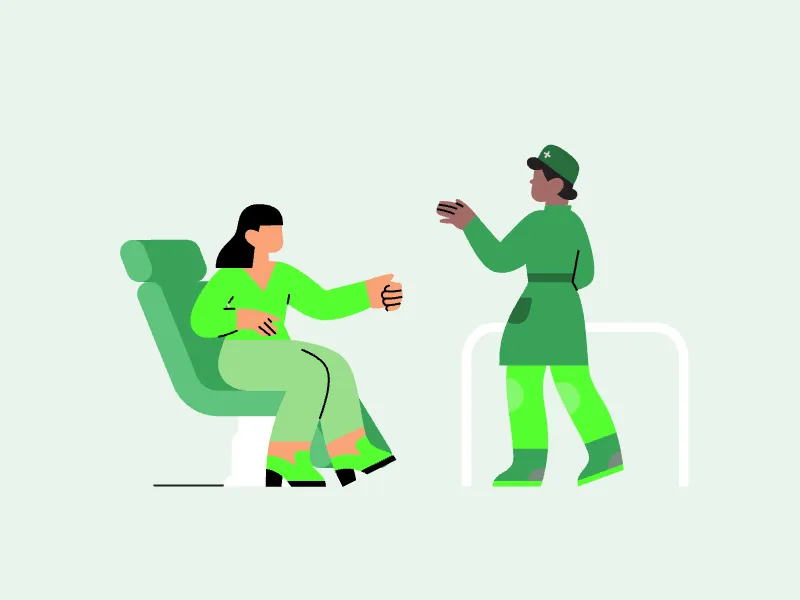Co-occurrence between eating disorders and sleep problems
One 2010 study found that as many as half of the patients they were examining who struggled with eating disorders also experienced disturbed sleep. (1) The rate of co-occurrence was so high that the study’s authors suggested sleep disturbance might be a useful clinical marker for eating disorders.
The findings dovetail with other data uncovered on the subject, including one 2011 study that found many forms of insomnia represented in people with eating disorders, including difficulty falling asleep, difficulty staying asleep, reduced amounts of REM sleep, and an increase of day sleeping. (2)
And a third look at the topic uncovered an overlapping rate of 25-30% between college-aged women with eating disorders and those who had symptoms of insomnia. (This, compared to just 5% of women who presented with insomnia symptoms but not an eating disorder.) (3)
It may seem unusual for these traits to be so frequently shared, but there are a number of factors that may explain why so many people struggle with both disordered sleeping and eating routines.
How are eating disorders and sleep problems related
One commonality between many different types of eating disorders and sleep problems is a third type of issue: mood disorders.
A majority of people struggling with an eating disorder also struggle with depression, anxiety, or both, and either type of mood disorder can have a profound impact on sleeping patterns. In fact, sleep disturbances such as insomnia or day sleeping, as well as tiredness and a general lack of energy are all symptoms of depression, while recurring nightmares and trouble sleeping are considered symptoms of anxiety. (8)
Physiologically, there are also a number of potential links between disordered sleeping and eating behaviors.
Several studies have suggested that sleep deprivation leads to insulin resistance, a condition that frequently manifests as weight gain and/or increased feelings of hunger. (7)
For someone already presenting with an eating disorder, weight gain or increased feelings of hunger may exacerbate disordered thoughts about food and body and increased disordered behaviors. And other studies have shown that weight fluctuations—including both weight gain and weight loss—are linked to a disruption of appetite-regulating hormones, which are known to be associated with eating disorders. (4)
Specific eating disorders impacted by sleep problems
Some types of eating disorders are more directly tied to disrupted sleeping patterns than others.
Night Eating Syndrome (NES) describes a disorder in which people eat most of their food at night, often waiting until evening hours to eat at all, waking up specifically to eat, or waking up for other reasons, then eating to help them fall back asleep. In many cases, the distinctive and disordered pattern of eating and sleeping involved in the syndrome is linked to dysfunction in the person’s circadian rhythm, or the biological process that dictates patterns of sleeping, waking, and eating. Insomnia is another commonly co-occurring disorder for people with NES.
Binge eating disorder (BED) has also been linked with sleeping problems, including sleeping poorly, problems falling asleep, feeling sleepy during work or free time, and disturbed sleep. (5)
A relationship between anorexia nervosa (AN) and overall poor sleep quality has also been borne out in several studies, with one in particular finding that worse sleep correlated to more severe AN symptoms. (6) People struggling with anorexia nervosa were also found to have poorer quality of sleep overall, compared to a control group who didn’t struggle with an eating disorder.
When to seek help for eating disorders and sleep problems
Eating disorders and sleeping problems can both be extremely disruptive—and potentially dangerous. Thankfully, there are a number of therapies and treatments that can address both types of disorder.
If you or someone you love is showing signs of struggling with an eating disorder that is causing sleep disturbance, it’s already a good time to seek help. Even if you’ve been struggling for some time, it’s never too late to start the healing process. Positive change and recovery are always possible.
















%2520THUMB.webp)
























.webp)



























